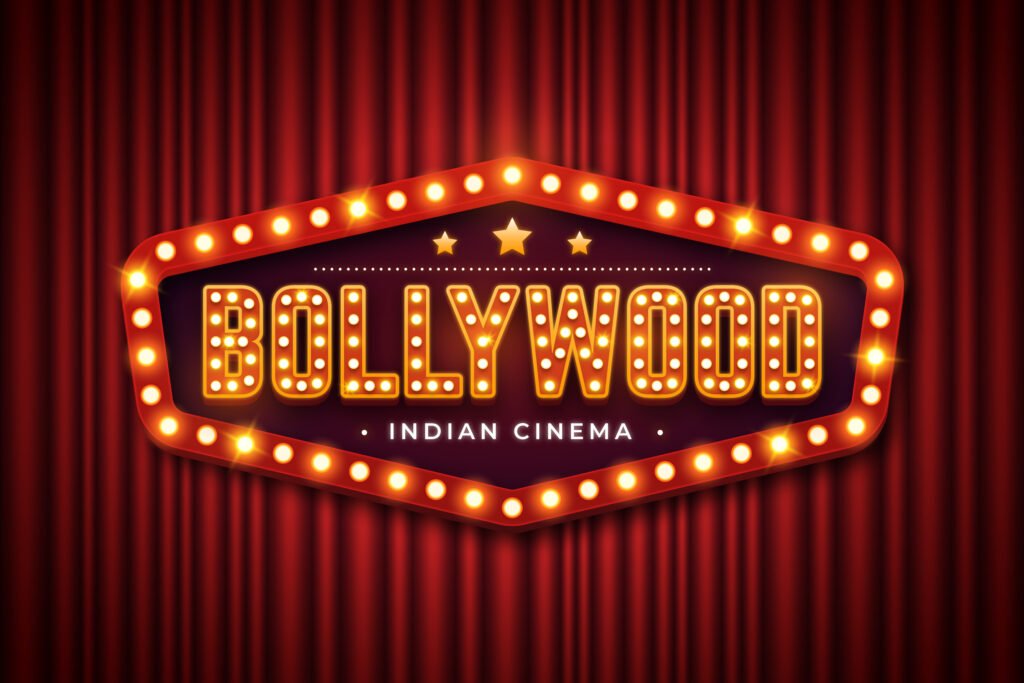In the midst of India’s electoral fervor, a Bollywood film criticism has reignited controversy surrounding the portrayal of sensitive social and political issues. The movie in question, “The Kerala Story,” revolves around young Indian women enticed into joining the militant Islamic State group, stirring fresh debates ahead of the country’s elections. As the opposition voices concerns over its screening on national TV, alleging potential propagation of religious animosity, the intersection of cinema and politics becomes increasingly intricate.
Prime Minister Narendra Modi’s Bharatiya Janata Party (BJP) anticipates success in the forthcoming multi-phase national elections, buoyed in part by its adept appeal to the majority community. Notably, the BJP’s electoral roster includes numerous actors, underscoring the symbiotic relationship between Bollywood and Indian politics.
The airing of “The Kerala Story” on the state-owned broadcaster Doordarshan adds layers to this narrative. The film, which gained unexpected acclaim since its release, portrays the journey of three women who undergo indoctrination, conversion to Islam, and subsequent recruitment by IS camps in Afghanistan. Critics decry its potential to fuel negative perceptions of India’s Muslim populace, raising alarms about its impact on communal harmony.
As the controversy unfolds, Kerala’s chief minister, Pinarayi Vijayan, denounces the screening as a partisan ploy, asserting the state’s commitment to secularism. Echoing these sentiments, the Congress party joins the chorus of dissent against the perceived misuse of media for political ends.
Amidst the outcry, the federal ministry for information and broadcasting remains silent, prompting speculation about the underlying motivations behind the film’s broadcast. While BJP officials deny any political agenda, asserting the artistic freedom enshrined in the constitution, the episode underscores the blurred boundaries between entertainment and electoral strategy.
The BJP’s strategic interest in expanding its influence in southern states like Kerala underscores the significance of cultural narratives in political campaigns. “The Kerala Story,” endorsed by Prime Minister Modi, aligns with a broader trend of Bollywood productions catering to the BJP’s Hindu nationalist base. This trend extends to other films, such as the biopic on Vinayak Savarkar, which capitalize on nationalist sentiments in the run-up to the elections.
Against this backdrop, “The Sabarmati Report,” addressing the 2002 Gujarat riots, emerges as another flashpoint in the intersection of cinema and politics. Scheduled for release during the nationwide voting period, the film promises to evoke emotive responses, further entwining the realms of storytelling and electoral discourse.
As Bollywood continues to shape and reflect India’s socio-political landscape, the controversy surrounding “The Kerala Story” underscores the potency of cinema as a vehicle for ideological expression. In the crucible of electoral politics, where every narrative is scrutinized for its impact, the intersection of Bollywood film criticism and political discourse assumes heightened significance, echoing far beyond the confines of the silver screen


